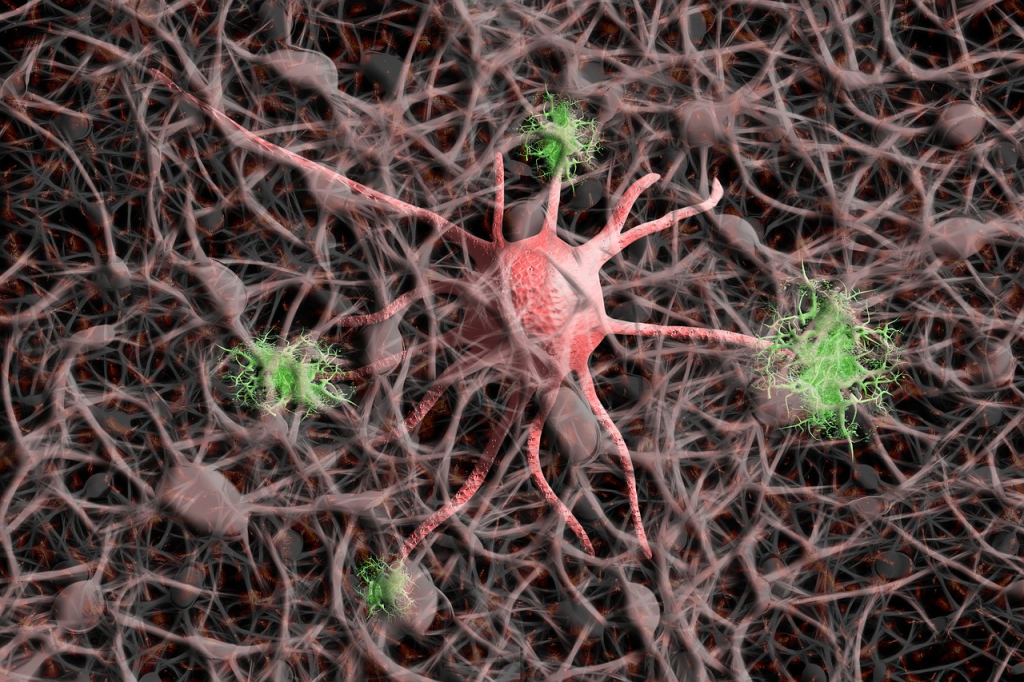Mental health disorders, if left unwatched can become worse later on. Don’t underestimate the smallest signs of depression as they can escalate into a bigger problem. The good news is that there’s a new remedy for these mental health conditions known as ketamine therapy.
In this article, we’ll explore what ketamine infusion therapy is and how it works. We’ll also explore how this treatment managed to impact and transform the field of treating mental health disorders.
Ketamine Treatment: An Introduction

If you’re not yet aware, ketamine treatment is a procedure where ketamine is introduced to your body. The drug can be administered to you in one of two possible ways – by injection or through intravenous infusion. This form of biotherapy is often sought out by patients who are resistant to antidepressants or haven’t shown improvement from therapy for months.
You can receive this therapy in medical facilities, often by appointment. One example is through booking an appointment for ketamine treatment in Massachusetts.
What Happens When Ketamine is Inside Your Brain?

Before we cover the impact of ketamine infusion therapy in treating mental illnesses, let’s understand how it works. To know whether ketamine therapy is the right way to go, we need to understand what happens to our brain once ketamine is doing its job. Here’s a list of the effects of receiving ketamine infusion.
1. Suppressing the Binding of Glutamate
What happens first to your brain when ketamine is injected is that it prevents glutamate from binding to a type of receptor. This receptor is for NMDA or N-methyl-D-Aspartate. Once ketamine blocks off your NMDA receptors, it will then control the transmission of glutamate.
2. Increasing the Plasticity of Synapses
Once it’s done modulating the transmission of glutamate, ketamine now promotes the release of BDNF (brain-derived neurotrophic factors). This will signal the neural pathways that enhance synaptic plasticity. The increased plasticity of synapses contributes to you experiencing ketamine’s antidepressant effects.
3. Enhancing the Connection Between Synapses
After it increases synapse plasticity, ketamine now proceeds to enhance their connectivity. The medication will contribute to the increase of density and function of the dendrites on the neurons. These are tiny protrusions that can connect with other neurons. As a result, your neurons now have improved connections across regions in your brain.
4. Rise in Synaptic Activity
What happens next is that your brain will experience a large influx of synaptic activity. Ketamine will escalate the activity of your brain’s glutamatergic neurons. These neurons can be found in your brain’s prefrontal cortex. This region of your brain serves as the center for mood control and cognitive functions.
Your positive sensations after ketamine treatment are linked to the surge of neural activity inside that region of the brain.
5. Disrupts the Default Mode Network
Ketamine will also play a role in disrupting your brain’s default mode network or DMN. The DMN of your brain comprises brain regions involved in self-referential thinking and mind wandering. When you experience light-headedness and loss of awareness, it could be ketamine disrupting your DMN.
6. Lessens Inflammation Inside Your Brain
Ketamine also plays a role in reducing inflammation inside your brain. It enables anti-inflammatory effects by reducing the cytokines that induce it. The positive sensations that you experience are traced back to ketamine’s anti-inflammatory properties in your brain.
How did Ketamine Infusion Therapy Change the Treatment of Mental Health Disorders?

Now that we’ve covered and understood what ketamine treatment is and how it works, let’s know how it changed the treatment of mental health disorders. Here’s how it managed to leave a lasting impact in treating these conditions:
1. Provides a Quick-Acting Treatment for Patients
Ketamine infusion therapy’s effects kick in after an hour or two. That means you will experience quick and significant improvements in your mood quickly. Ketamine treatment’s effects also suppress depressive episodes. In comparison, most antidepressants take time before effects are visible, sometimes requiring you to take them for several days or weeks before any changes are felt.
Thus, ketamine treatment is an excellent remedy if you’re looking for a fast-acting solution against specific mental health issues.
2. Offers a Treatment for Drug-Resistant Depression
Ketamine therapy is a good alternative if you are a patient that’s developed drug resistance. If interested, you can book an appointment with a clinic that conducts ketamine treatment, to see if it’s the right choice.
In general, you’d be surprised to see how this treatment can override your resistance to medication. The effects of this therapy take effect right after it’s administered.
3. A Suitable Alternative for Acute Distress
Ketamine treatment is also effective in dealing with patients experiencing acute distress. For example, if you are an individual with severe suicidal ideation; you can take a dose of ketamine to provide fast relief. Ketamine also helps reduce the gravity of the situation as the medication can calm you down.
4. Has a Potential for Long-Lasting Effects
Even though ketamine’s effects on your body will be temporary; the effects still linger after the drug has left your system. Your brain will continue to form new neural connections for weeks or months after you’ve received ketamine treatment. It will take a while before you will need to book for another appointment.
5. Fewer Instances of Side Effects
Unlike other treatments for mental health issues, ketamine treatment has fewer side effects. Thus, it is generally safe for use in patients. The only notable side-effect you will experience is dizziness during the brain’s re-programming phase. You may also experience sensations of detachedness and loss of awareness.
That said, you may need to consider that ketamine, while effective, isn’t made for everyone. Take note of the following conditions that might make you not eligible for ketamine therapy:
- Hypertension
- Patients of heart diseases such as irregular heart rhythm, coronary artery diseases, and the like
- Thyroid conditions such as Hyperthyroidism
- Individuals with a history of active substance abuse
Ketamine Infusion Therapy: A Game-Changer Against Mental Health Disorders
Mental health disorders are hard obstacles for us to overcome. However, ever since ketamine entered the scene, it’s been easier for us to deal with specific debilitating effects for some disorders. Ketamine’s capability to re-program our brain’s way of thinking shows it is a promising remedy that many people can take.
Besides this, ketamine treatments are a more accessible way to ensure that individuals can carry out happier lives without the shadow of depression looming over them.

